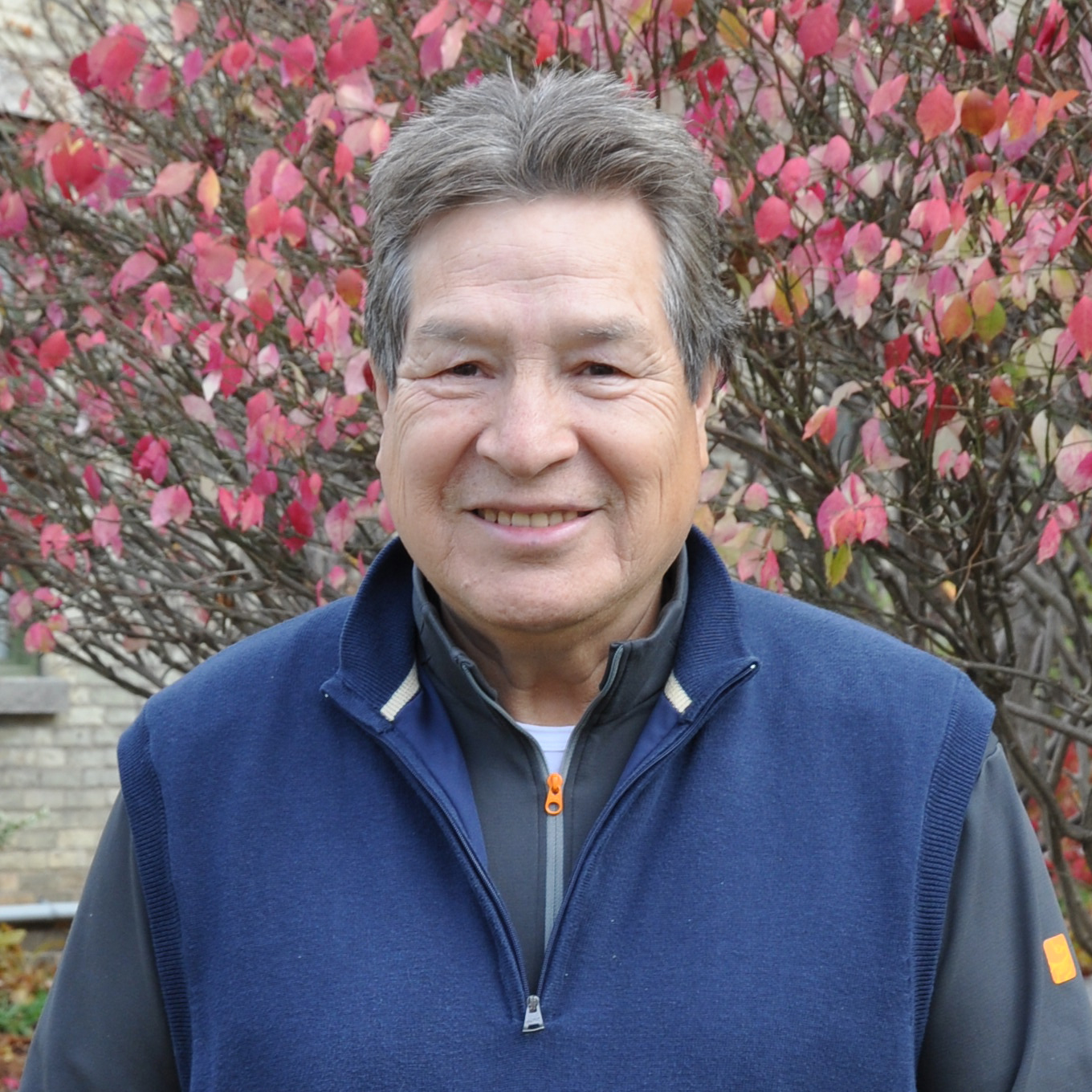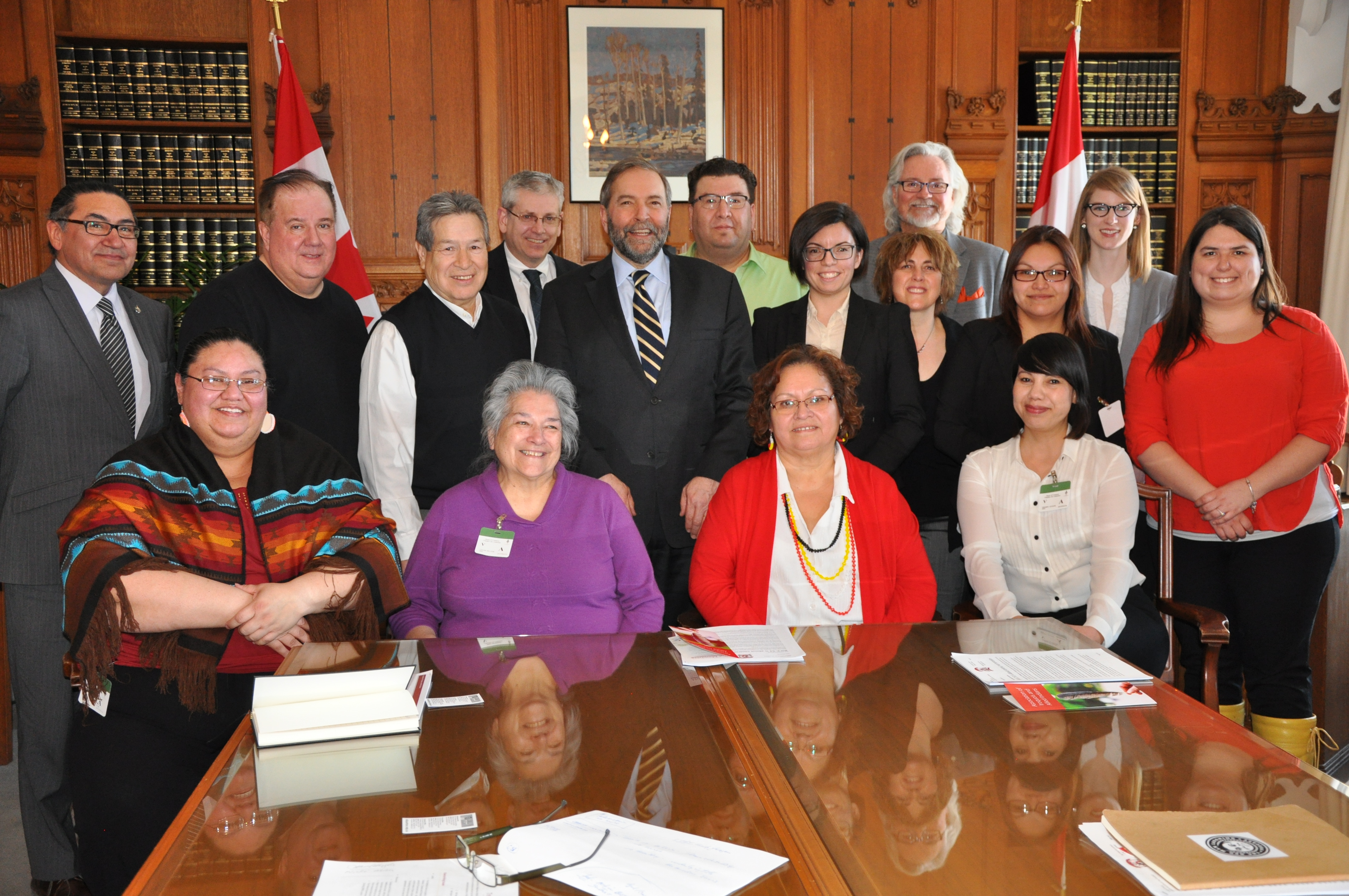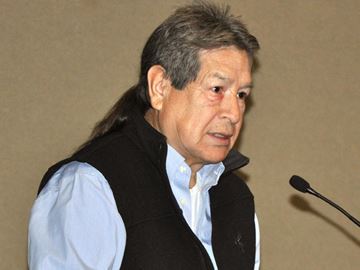As 2014 winds down and comes to a close, I have been reflecting on the incredible amount of progress Indigenous peoples have made this year in several high-impact areas. From education, to child welfare, to treaty work, our communities have spent this year exercising their jurisdiction in more and more formidable ways.
This year we saw the completion of a precedent-setting human rights tribunal case alleging discriminatory federal funding inequities in child welfare services for First Nations children (a 22 % gap nationally). This case took seven years to come to a close, and with a verdict to return early in the new year, I sense great change is on the horizon that will benefit all of our children.
From coast to coast, across our many Nations, our voices were united in demanding a better future for our children.
In addition, we saw forums and policy work happening in our Nations challenging the current structure of child welfare. Our communities are looking for new and better ways to bring child welfare back into our communities and lead that work under our own jurisdiction.
This year, united once more for our children, we stood together nationally, and pushed back against federal education legislation. This legislation, in spite of its name, actually took more control away from First Nations and their jurisdiction over education. Through the National Chiefs Assembly we laid out a proposal stating that the federal government must withdraw Bill C-33 and come to the table to engage with our leadership in an honourable process that would serve as a true benefit to our children. While the federal government’s adversarial approach and refusal to work with us was a disappointment, this process was a mark of how strong our communities are when we stand up against paternalistic legislation. We must continue to stand together, and push hard on colonial governments to uphold their constitutional and legal obligations.
This year we also celebrated the 250th anniversary of the Treaty of Niagara. This celebration brought our Nations together to reaffirm our treaty relationship as one of allies. It was unfortunate that no federal representative attended this renewal. As a government of Canada the Province of Ontario did participated and confirmed their role in the treaty process. In addition to the reading of wampum belts that took place, we received a commitment from the province to work towards a renewed relationship.
Following this historic event, we later met with the Premier at a three-day gathering in Toronto. The purpose of this meeting was to follow up on the commitment made at the Treaty of Niagara anniversary, and to begin polishing the chain of our relationship as intended by the treaties. The Premier was open and receptive and agreed to meet again in the new year to continue working towards a healthy and respectful relationship; one where the issues and needs of First Nations are not dictated by the province but instead one where we address issues together as true partners.
Our identity is getting stronger every day. Our culture and languages are coming back because our children are demanding it. Our peoples’ capacity is growing because we will not stand for oppressive policies and practices. Our relationships are slowly and steadily strengthening with non-Indigenous peoples and governments; we are starting to forge new paths forward in the spirit of friendship and brotherhood, as intended by the treaties. Together, we are on the verge of achieving great progress and we must not slow down in 2015.
As we look forward toward to the coming year, we must continue to exercise jurisdiction while building better relationships that are reflective of the intent of our treaties.
2014 was in many ways a year of a massive movement for our Nations, but now our collective duty is to carry that spirit into 2015, a year that will see the continued resurgence of our peoples.
ABOUT AIAI
AIAI is mandated as a Provincial Territorial Organization (PTO) to defend and enhance the Aboriginal and Treaty rights of our seven member First Nations. Our member nations include: Batchewana First Nation, Caldwell First Nation, Delaware Nation, Hiawatha First Nation, Mohawks of the Bay of Quinte, Oneida Nation of the Thames, and the Wahta Mohawks. Learn more at www.aiai.on.ca, on Twitter @AIAI_comms and on Facebook.
CONTACT
For more information, please contact Suzanne Morrison at smorrison@aiai.on.ca or 519.281.6238.



